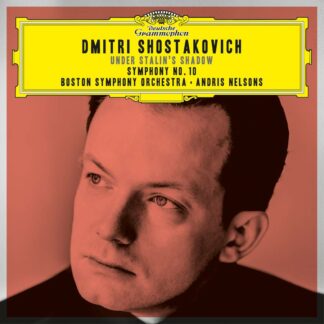Περιγραφή
Καλλιτέχνες
|
Reviews Gramophone Classical Music Guide 2010 “Understandably, remembering its dedicatee, Nikolai Rubinstein, Tchaikovsky’s Trio is dominated by the piano part, which has moments of intrepid (sometimes repetitive) rhetoric, which must ring out triumphantly yet not be allowed to usurp the work’s underlying elegiac feeling. In many respects this performance carries all before it. Freddy Kempf leads with great conviction, yet can pull back whenever his colleagues are in the ascendant. The very opening is lyrically seductive, and the closing pages, with a moving reprise of the opening theme at the Lugubre finale, are most sensitively managed. But before that the kaleidoscopic variations of the second movement, which begins so serenely, have been presented with sparkling panache: the delightful pianistic roulades of Variation 3 and the exquisite music-box effect of Var 5 both show Kempf as delectably light-fingered, yet he finds real swagger for Var 7, and a Chopinesque rhythmic delicacy for the Tempo di mazurka of Var 10. And in the lovely Andante flebile (Var 9) violinist Pierre Bensaid and cellist Alexander Chaushian share a ravishing delicate duet. While Tchaikovsky’s Piano Trio is ambitiously epic in scale; Rachmaninov’s, although obviously drawing on the inspiration of the Tchaikovsky model, with the piano still taking a leading role, is in a single movement. Its mood is tinged with melancholy throughout, surging to moments of passion less extrovert than with Tchaikovsky, but with that characteristic ebb and flow of expressive feeling captured most naturally by these players; they find a touching gentleness for the wistfully sad closing bars. The performance comes into competition with that by the superb Borodin Trio on Chandos, whose coupling is more logical (the first Trio élégiaque, Op 8); but on performance grounds Kempf and his colleagues are by no means second best. The recording is very well balanced, and the acoustic seems equally suitable for both works. Altogether this is a splendid disc. |










